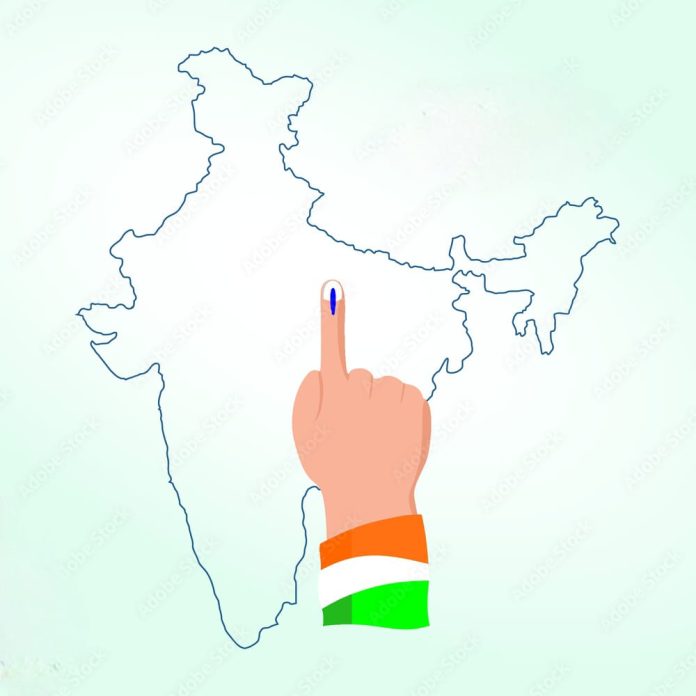11 May 2024: As India gears up for the fourth phase of the Lok Sabha elections on May 13, the nation stands at a critical crossroads in determining its future trajectory. With 96 constituencies from 10 states poised to cast their ballots, the electoral process gains significant momentum, emphasizing the pivotal role of each voter in shaping the course of the nation.
The Lok Sabha Elections 2024, spanning seven phases and commencing on April 19, exemplify the vibrancy of India’s democratic fabric. This phase, encompassing regions from Andhra Pradesh to West Bengal, represents a pivotal moment for citizens to exercise their democratic rights and influence the destiny of the country.
In Andhra Pradesh, all eyes are on the 25 constituencies, while Telangana anticipates voting for 17 Lok Sabha seats alongside the simultaneous Assembly polls for 175 constituencies. Bihar, featuring 5 constituencies, and West Bengal, with 8 constituencies, also play significant roles in this electoral phase.
Jammu and Kashmir, Jharkhand, Madhya Pradesh, Maharashtra, Odisha, and Uttar Pradesh contribute to the electoral landscape, highlighting the diverse political dynamics shaping the nation’s political discourse.
From the tranquil landscapes of Araku to the bustling metropolis of Hyderabad, voters from diverse backgrounds converge to participate in this democratic process. Each ballot cast symbolizes a voice in the collective narrative of India’s future, underscoring the significance of every vote in shaping the country’s destiny.
As political candidates intensify their campaign efforts, addressing a spectrum of issues from economic development to social justice, voters weigh their choices with deliberation and discernment. Amidst the cacophony of political rhetoric and campaign fervor, the essence of democracy resonates in the act of voting, empowering citizens to hold their representatives accountable and advocate for their interests.
The electoral process serves as a poignant reminder of the inherent power vested in the hands of the people, transcending barriers of caste, creed, and socioeconomic status. It underscores the fundamental principle that every vote matters, serving as a catalyst for change and progress in the nation’s democratic journey.
As India charts its course towards a brighter future, guided by the collective will of its citizens, the significance of Phase 4 of the General Elections cannot be overstated. It stands as a testament to the enduring spirit of democracy, wherein the voices of millions resonate in unison, forging a path towards a more inclusive and prosperous India.




